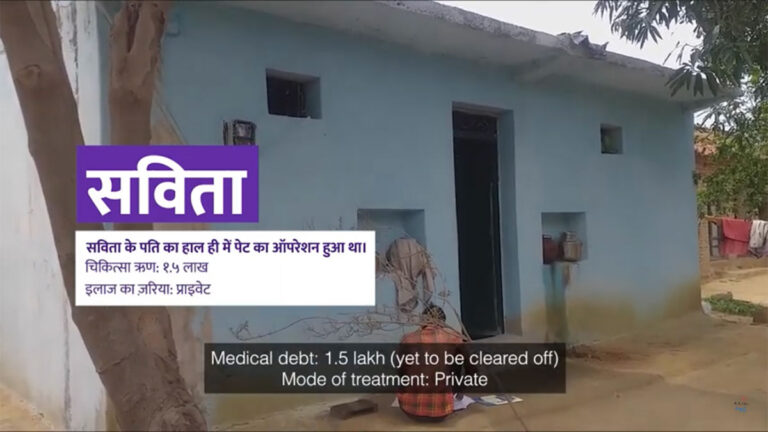
Indebted
The right to health is one of our fundamental rights. But even after 75 years of independence, are health services available equitably to all? The Covid 19 pandemic has laid bare the faults in India’s public health infrastructure.
Home » Volume 002: Public Health » Page 2
A feminist investigation into India’s public health and its possible futures.

The right to health is one of our fundamental rights. But even after 75 years of independence, are health services available equitably to all? The Covid 19 pandemic has laid bare the faults in India’s public health infrastructure.
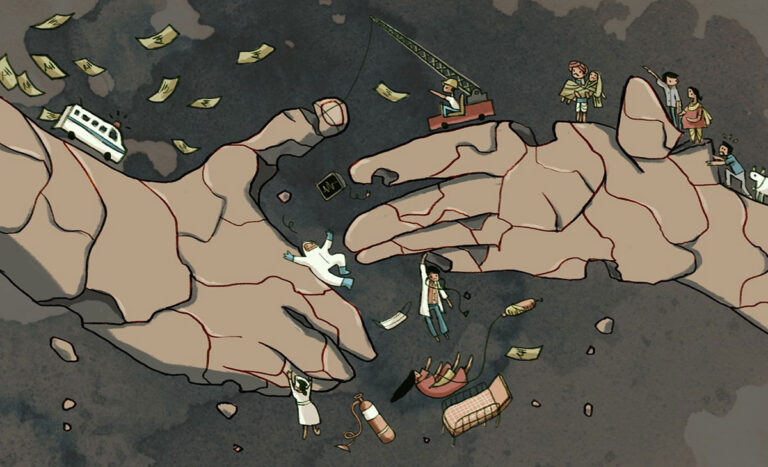
In this conversation with TTE, Bijoya analyses how PPPs have shaped the healthcare sector, redefined the role of the state, and influenced health-seeking behaviour over decades in post-liberalised India.
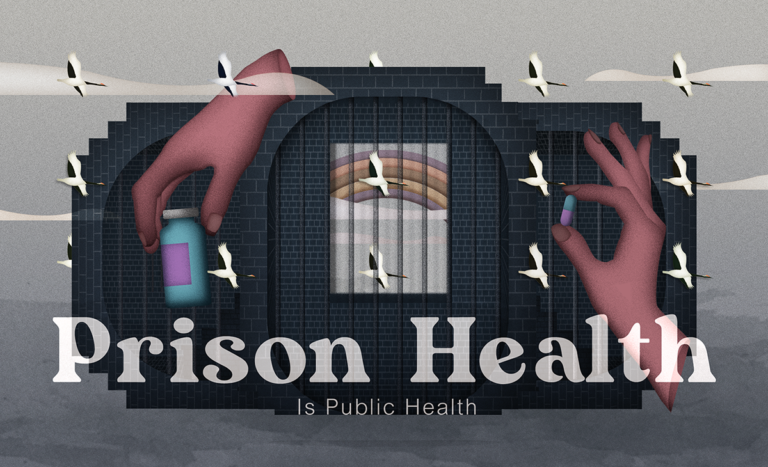
Anubhab Atreya is a lawyer by training and one of the founding members of Studio Nilima. Here he talks to The Third Eye about a major area of policy concern – equitable access to healthcare within prisons.

How has the public health system in India invisibilised people with disabilities and their needs? Even after 75 years of independence, why is disability not integrated as an important concern in public health policy?
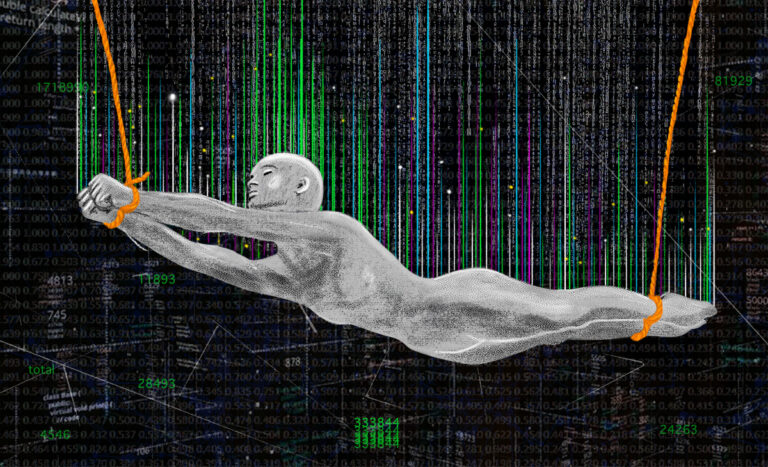
The Third Eye speaks to Rohin about the advantages and pitfalls of the rapid digitisation of the Indian public health system, surveillance and privacy, and the Universal Health ID card.
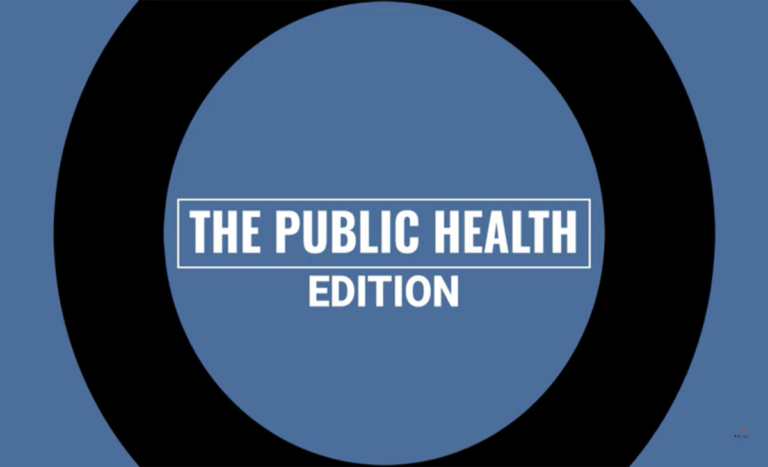
We feature conversations with Dr. Aqsa Shaikh (Nodal Officer, Vaccination Centre – Jamia Hamdard), Reetika Khera (Associate Professor, IIT Delhi), Sunita Rani (ASHA Worker, Haryana) and Rohin Garg (Associate Policy Counsel, Internet Freedom Foundation).
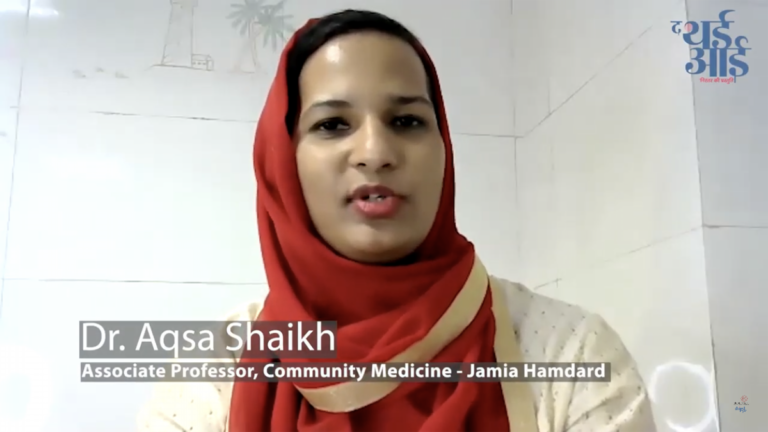
What challenges do transgender and non-binary people face in a heternormative public health “cis-tem”? Do our vaccination and other health communication campaigns cater largely to an upper-caste, North Indian audience?
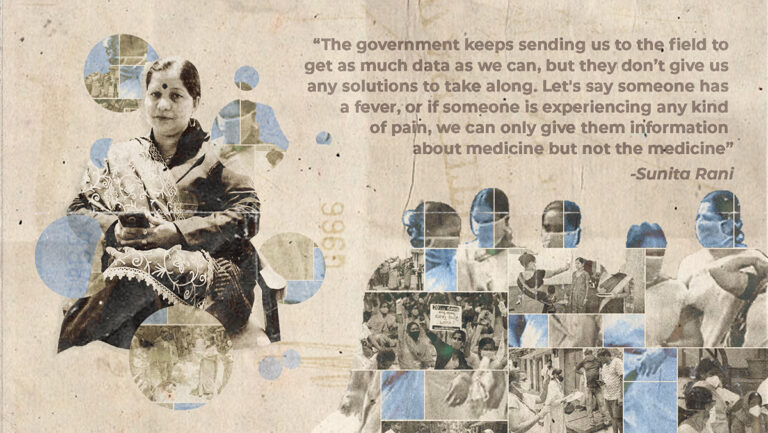
An ASHA worker explains how the rethinking of her role inside the public health system would wildly improve her life as well as that of the community.
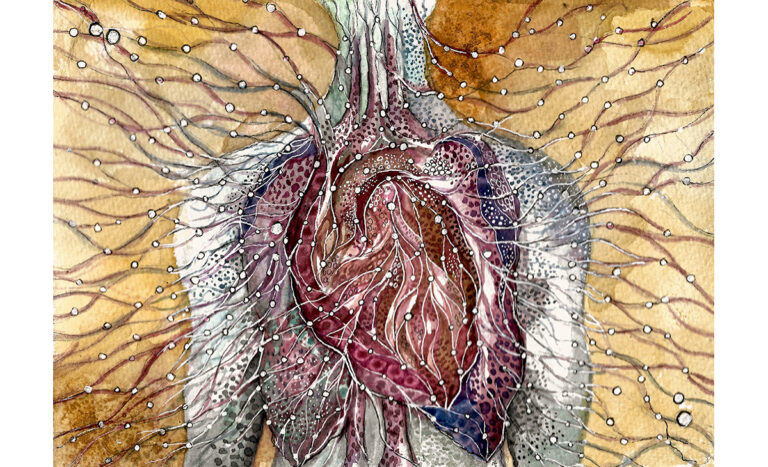
Reetika Khera, a development economist, talks about public health as an idea, why welfare and dignity must go hand-in-hand, and the models that can inform India’s steps into the future.
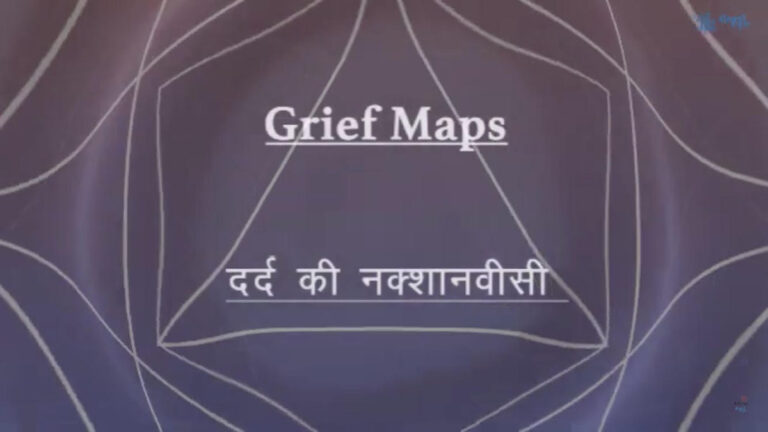
To help process the devastation that was the second wave of Covid19, the Third Eye Monday Adda with our rural digital educators invited theatre practitioner Apeksha Vora (hyperlink to author bio) to help make sense of the pain in their bodies, and their neighbourhoods.